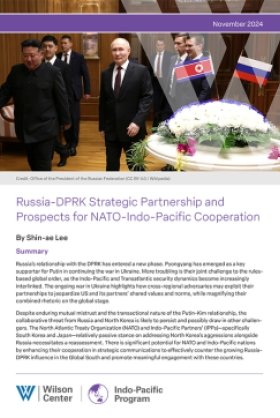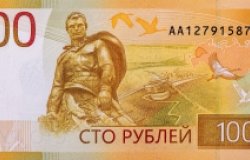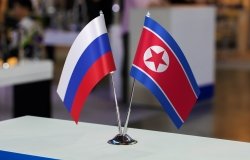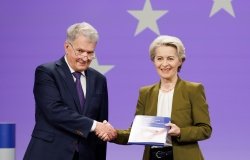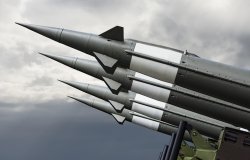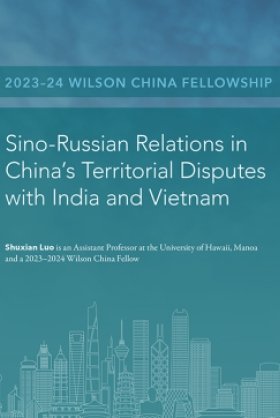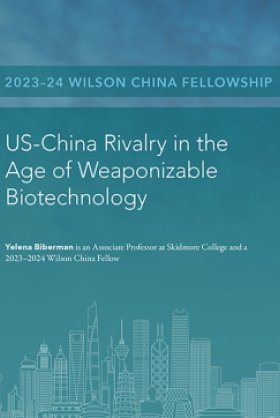The Transatlantic Relationship: Problems and Prospects
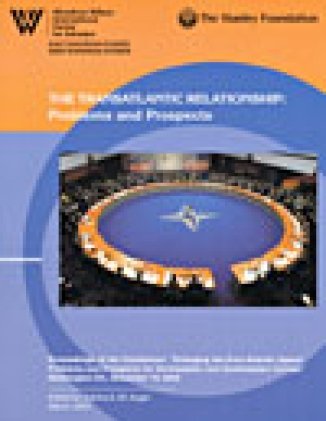

In mid-summer 2002, when the East European Studies program at the Wilson Center and the Stanley Foundation's Euro-Atlantic Initiatives program mutually agreed to consider the implications of the impending enlargement of both NATO and the EU, the problems and issues that we felt at that time would form the central aspect of our work, now nearly one year later, appear to be decidedly secondary in nature.
Throughout this project, from the meeting of regional specialists in Budapest in September 2002 through the concluding conference in Washington in mid-December, the discussions were dominated by the increasingly divergent perceptions of regional security between Europe and the United States. The Budapest conference noted that there was a visible, dangerous and growing divergence between European and U.S. perceptions of security, threats, global interests, and definitions of collective defense. And, this growing divergence of views on threat assessment has been reinforced and exacerbated by the even faster growing gap between the U.S. and Europe in military capabilities.
The general consensus of this conference was that NATO and the EU, as the two major pillars of the trans-Atlantic relationship, must continue to work together and not at cross-purposes to ensure security and stability in Europe and beyond. The panelists emphasized that the U.S. and Europe can, together, meet the new threats and challenges confronting the international community. In this process, the new members from Central and Eastern Europe will find themselves playing a key role, but often torn between the conflicting demands and obligations of both organizations.
CONTENTS
INTRODUCTION (PDF: 383 KB)
Martin Sletzinger, Director, East European Studies, Woodrow Wilson Center
PART I. NATO AND THE EU AFTER THE "BIG BANG" APPROACH: WHAT'S LEFT?
BEYOND THE PRAGUE SUMMIT: REMAKING NATO (PDF: 547 KB)
Sean Kay, Associate Professor of Politics and Government, and Chair of the International Studies Program at Ohio Wesleyan University, OH; and, Non-Resident Fellow at the Eisenhower Institute, DC
NATO AND THE EU AFTER THE BIG BANG: WHAT'S LEFT? THE DEBATE IN CONGRESS (PDF: 956 KB)
Paul Gallis, Section Head for Europe and Eurasia in the Foreign Affairs, Defense, and Trade Division of the Congressional Research Service, DC
NATO AND THE EU AFTER THE BIG BANG: WHAT'S LEFT? (PDF: 1148 KB)
Ann-Sofie Dahl, Associate Professor of Political Science at Lund University, Sweden; Founder of the Swedish Atlantic Council; and, Vice President of the Atlantic Treaty Association (ATA)
(GEO)STRATEGIC IMPLICATIONS OF EURO-ATLANTIC ENLARGEMENT (PDF: 817 KB)
Stefan Froehlich, Professor of International Politics at the University of Erlangen and a Visiting Fellow at the Center for Transatlantic Relations, SAIS, Johns Hopkins University, DC
PART II. ARE THE US AND ITS ALLIES SEEING EYE TO EYE?
NATO AND THE EU: NEW PURPOSE, NEW MISSIONS
THE "ENLARGEMENT" SUMMITS OF PRAGUE AND COPENHAGEN: SETTING AN AGENDA FOR TRANSATLANTIC COOPERATION (PDF: 605 KB)
Frances Burwell, Director of the Atlantic Council's Program on Transatlantic Relations, DC
CHERRY-PICKING AS THE FUTURE OF THE TRANSATLANTIC ALLIANCE: THE REEMERGENCE OF EUROPEAN GAULLISM (PDF: 698 KB)
John C. Hulsman, Research Fellow for European Affairs at the Davis Institute for International Studies of the Heritage Foundation, DC
CAN WE MEDIATE THE TRANSATLANTIC RELATIONSHIP OR ARE WE HEADED FOR DIVORCE? (PDF: 1246 KB)
Jeffrey Simon, Senior Research Fellow at the Institute for National Strategic Studies of the National Defense University, DC
PART III. KEYNOTE ADDRESS
THE FUTURE OF THE TRANSATLANTIC RELATIONSHIP (PDF: 254 KB)
Martin Walker, Chief International Commentator for United Press International and Senior Fellow at the World Policy Institute of the New School University, NY
PART IV. IMPLICATIONS OF NATO AND EU ENLARGEMENT FOR THE BALTIC REGION
THE BALTIC STATES IN NATO: WHAT DO THEY BRING TO THE ALLIANCE? (PDF: 557 KB)
Andrew Michta, Mertie Willigar Buckman Professor of International Studies at Rhodes College, TN; an Associate of the Institute of European, Russian, and Eurasian Studies at the George Washington University, DC; and a Visiting Scholar at the Hoover Institution at Stanford University, CA
THE BALTIC STATES AND EURO-ATLANTIC ENLARGEMENT (PDF: 847 KB)
Stephen Blank, MacArthur Professor of National Security Affairs at the Strategic Studies Institute of the U.S. Army War College, PA
LOOKING BEYOND NATO AND EU ENLARGEMENT: NORTHEASTERN EUROPE AND RUSSAN SECURITY DYNAMICS (PDF: 772 KB)
Joshua B. Spero, Assistant Professor of Political Science at Fitchburg State College, MA and former Senior Civilian Strategic Planner for the NATO Division in the Joint Chiefs of Staff from 1994-2000 (Pentagon), DC
PART V. IMPLICATIONS OF NATO AND EU ENLARGEMENT FOR THE BALKANS
ENLARGING THE EUROPE-ATLANTIC SPACE: SPECIAL (DISCOURSE) ISSUES FOR SOUTHEAST EUROPE (PDF: 431 KB)
Ronald H. Linden, Professor of Political Science at the University of Pittsburgh, PA and Co-Editor of The Carl Beck Papers in Russian and East European Studies
NATO AND SOUTHEASTERN EUROPE: IS MEMBERSHIP REALLY A MUST? (PDF: 998 KB)
Obrad Kesic, Independent Balkan Political Analyst and former Director of Government Affairs at ICN Pharmaceuticals, Inc.
IMPLICATIONS OF NATO AND EU ENLARGEMENT FOR THE BALKANS (PDF: 949 KB)
Geert Ahrens, former Ambassador and Head of the OSCE Presence in Albania and a Woodrow Wilson Center Fellow
APPENDICES
A. Speaker Biographies (PDF: 35 KB)
B. Conference Agenda (PDF: 7 KB)
C. Budapest Conference Policy Bulletin
About the Author
Sabina Auger
Read More
Global Europe Program
The Global Europe Program is focused on Europe’s capabilities, and how it engages on critical global issues. We investigate European approaches to critical global issues. We examine Europe’s relations with Russia and Eurasia, China and the Indo-Pacific, the Middle East and Africa. Our initiatives include “Ukraine in Europe” – an examination of what it will take to make Ukraine’s European future a reality. But we also examine the role of NATO, the European Union and the OSCE, Europe’s energy security, transatlantic trade disputes, and challenges to democracy. The Global Europe Program’s staff, scholars-in-residence, and Global Fellows participate in seminars, policy study groups, and international conferences to provide analytical recommendations to policy makers and the media. Read more
